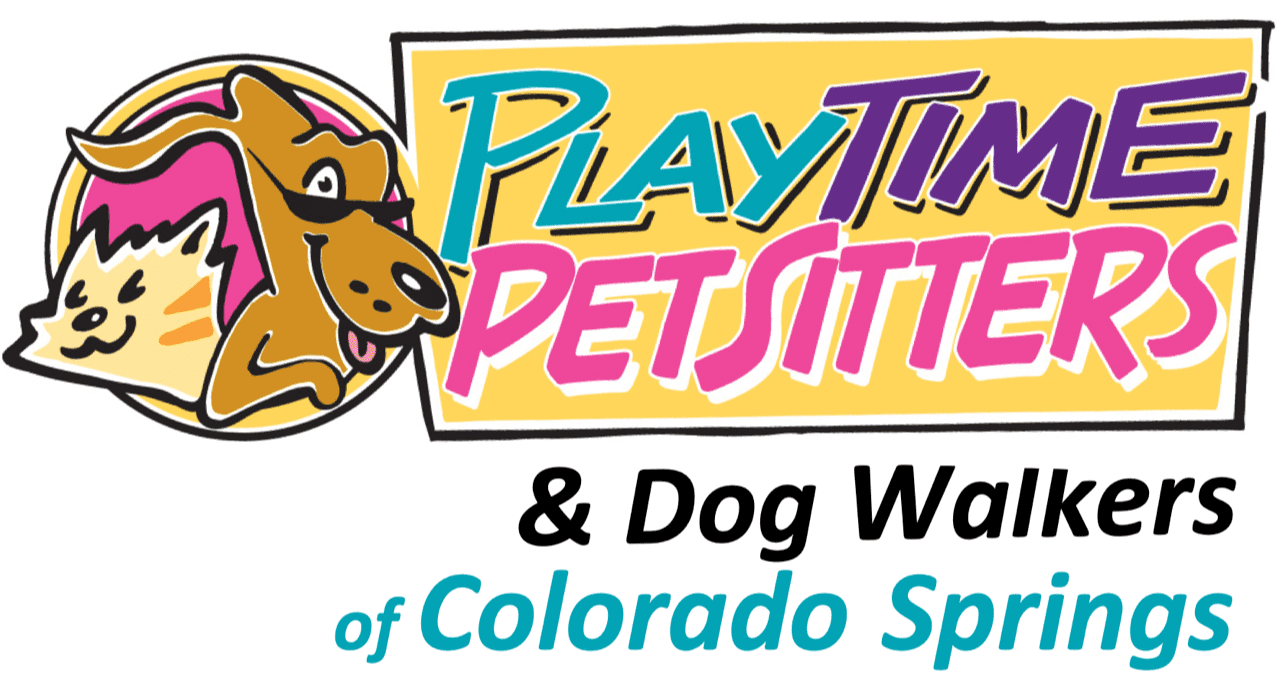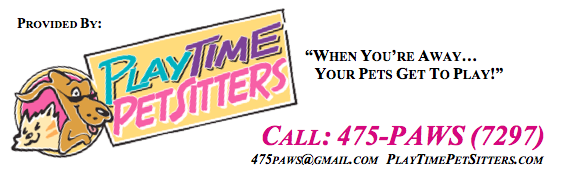Household Items That are Poisonous to Your Pets
By Deb M. Eldredge, DVM
The ASPCA Animal Poison Control Center recently released a list of the ten most common poisons that dogs ingest. What is immediately striking about the list is how ordinary each of the poisons is—most of us have these compounds in our homes or garages. The list is a reminder that it is important to keep medications and potentially toxic items locked up or stored safely away from our pets.
Here is a list of the toxins that you need to keep out of your pet’s reach:
Ibuprofen
Ibuprofen is a widely used human non-steroidal anti-inflammatory drug. In dogs, this medication can cause stomach and kidney problems and even impact the nervous system causing symptoms such as depression and seizures. If you drop a pill, be very careful to find it before your dog does. Labs and Beagles are notorious for snarfing up dropped drugs. If this happens in your household, be sure to make your dog vomit, if you can, as soon as you suspect he ate any pills, and then call your veterinarian. Never give your dog ibuprofen for pain or discomfort.
Chocolate
Chocolate has two potent substances – theobromine and caffeine. The amount of these compounds present in chocolate varies greatly depending upon the type and brand of chocolate. The dog who indulges in chocolate with large amounts of theobromine or caffeine may show increased heart rate and excitability leading to possible seizures. If you can make your dog vomit close to the time of ingestion, do so. Then head to your veterinarian. It may take up to three days for the theobromine effects to wear off, and this can be dangerous for your dog’s heart.
Other foods that can be dangerous and potentially deadly for cats and dogs are:
Coffe Grounds Grapes Onions Yeast Dough Tea Alcohol
Macadamia Nuts Fatty Foods Salt Avocado Garlic
Ant and Roach Baits
Ant and roach baits may be found in motels when you travel, as well as in areas around your home. Luckily the toxic substances are generally present in small amounts, but they are often mixed in with tasty treats like peanut butter that your dog may find irresistible. If your dog ingests the bait, he is more likely to have a problem with the parts of the container he eats than with the ingredients, but take him into your veterinarian just the same. Better to be safe than sorry.
Rodenticides
People often rely on rodenticides to remove mice and rats when they don’t have a good cat or a skilled terrier to do the dirty work. Most of these products contain anticoagulants that stimulate fatal bleeding in rodents. They can also stimulate bleeding in dogs that eat the treated blocks. Paralysis, seizures, and kidney failure are all possible effects of these potent drugs. Induce vomiting if you can, but then head directly to your veterinarian. Your dog may need fluids, blood tests to follow the progression of treatment, vitamin K injections, and possibly even a blood transfusion. Some versions of rodenticides have cholecalciferol that can cause elevated blood calcium and phosphorus levels, which lead to renal failure. This may require a much different course of action for your pet. If possible, bring the container for the poison into your vet’s office, so they can determine exactly what your dog is up against.
Acetaminophen
Acetaminophen is an extremely common pain medication for people. Unfortunately, this drug can cause liver failure, swelling of the face and paws, a problem with oxygen transport in the blood, and even a decrease in tear production for dogs. N-acetylcysteine is an antidote to the problem, but it needs to be repeated until all signs of poisoning are cleared. Supportive treatment for the liver and dry eyes is recommended. If your dog ingests acetaminophen, he will probably need to be hospitalized.
Pseudoephedrine Containing Cold Medications
Numerous over the counter cold medications contain pseudoephedrine. In dogs, this drug causes panting, excitement, increased temperature, and increased heart rate. Sedation and even general anesthesia may be required to settle your dog down, while fluid therapy will help to flush this substance from your dog’s system.
Thyroid Hormones
Thyroid hormones are used to treat both people and dogs with low thyroid levels. Luckily, most dogs handle an overdose of these medications quite well. An increased heart rate and a hyperactive dog that is bouncing off the walls are common signs that your dog has eaten something he shouldn’t.
Bleach
Most bleach products used at home are fairly dilute. Commercial bleaches, however, can be very strong and cause irritation to your dog’s eyes or skin. A quick bath is ideal if bleach is on your dog’s skin or coat. If your dog inhales bleach, especially any bleach mixed with ammonia products, she could develop a deadly chemical pneumonitis. This can affect you too, so don’t breathe deeply yourself. Get your dog out into fresh air as quickly as possible and then to your veterinarian.
Fertilizer, Including Plant “Foods”
Fertilizer can be very attractive to dogs. Additives such as bone meal are enticing. While the basic fertilizer formulas of nitrogen, potassium, and phosphorus are generally not highly toxic, additives such as fungicides can be. Most dogs that ingest fertilizer show gastrointestinal signs such as vomiting and/or diarrhea, but they do recover on their own. In some cases, however, they need fluids for hydration and medications to settle and soothe the stomach and intestines. Consult with your veterinarian for the best course of treatment when your dog ingests fertilizer.
Hydrocarbons Including Paints, Polishes, and Fuel Oils
Rounding out the list is hydrocarbons. These products can be found in paints, polishes, and fuel oils—including kerosene, acetone, and gasoline. Dogs that swallow these products tend to have gastrointestinal upsets. The skin can also be irritated from contact. If your dog simply breathes in fumes or aspirates these products, he may suffer from depression or hyperexcitability along with secondary pneumonia and liver or kidney damage. Dogs that have breathed or ingested hydrocarbons should not be made to vomit as the risk of aspiration is too high. Instead, they need symptomatic treatment and supportive care such as fluids to flush their systems, baths to remove any residue, and saline flushing of the eyes if any residue splashed into them.
Xylitol – A Sugar Alternative
Xylitol poisoning in dogs are on the rise. That’s partly due to increased awareness among veterinarians and dog owners, but mostly because it’s being used in more products than ever before., from toothpaste to Jell-O. And while it’s perfectly safe for you, even a tiny amount can kill your dog, and it may be dangerous to other pets, too. Xylitol has fewer calories than sugar and doesn’t impact human blood sugar levels, so it’s also become a favorite of diabetics, dieters and anyone trying to cut down on his or her sugar consumption. That means you’ll find it in muffin, brownie and cookie mixes, candy, energy bars, pudding and ice cream. It’s even sold in bulk for use in baking and beverages. It’s widely used in all kinds of dental products including sugar-free gum, breath mints, toothpaste and mouthwash In fact, just about anything sweet may contain xylitol.
Take Care
All of the products on the ASPCA list can be found in most of our households. To keep your pet safe, be proactive. Store goods safely in locked cupboards, use secure, non-breakable containers, and always keep careful track of all medications in the household. Filling out a complete and accurate profile for your PlayTime Pet Sitters & Dog Walkers ensures your pets get their correct medication, at the correct time, and at the correct dosage. Taking some basic precautions can go a long way toward avoiding a catastrophe for your dog.
If you have questions about the safety of a substance or you suspect your pet may have ingested something he shouldn’t have, don’t wait–call the National Animal Poison Control Center at: 888-426-4435. They are available for any animal poison-related emergency 24 hours a day, 365 days a year.
 719-475-7297 or
719-475-7297 or 




